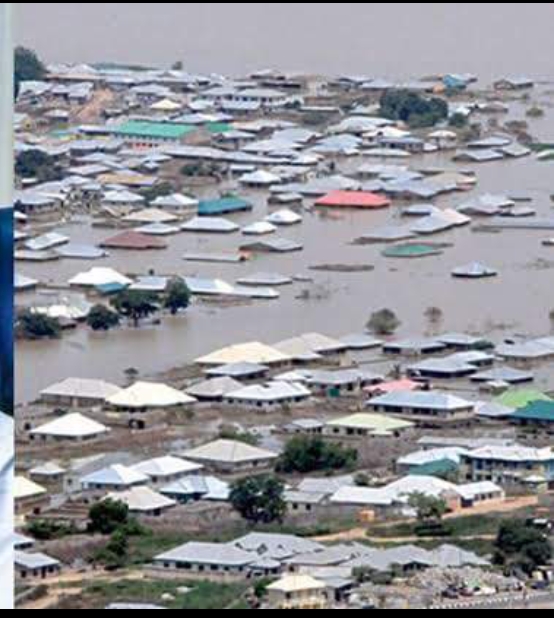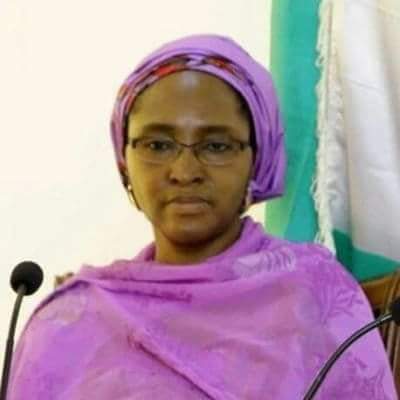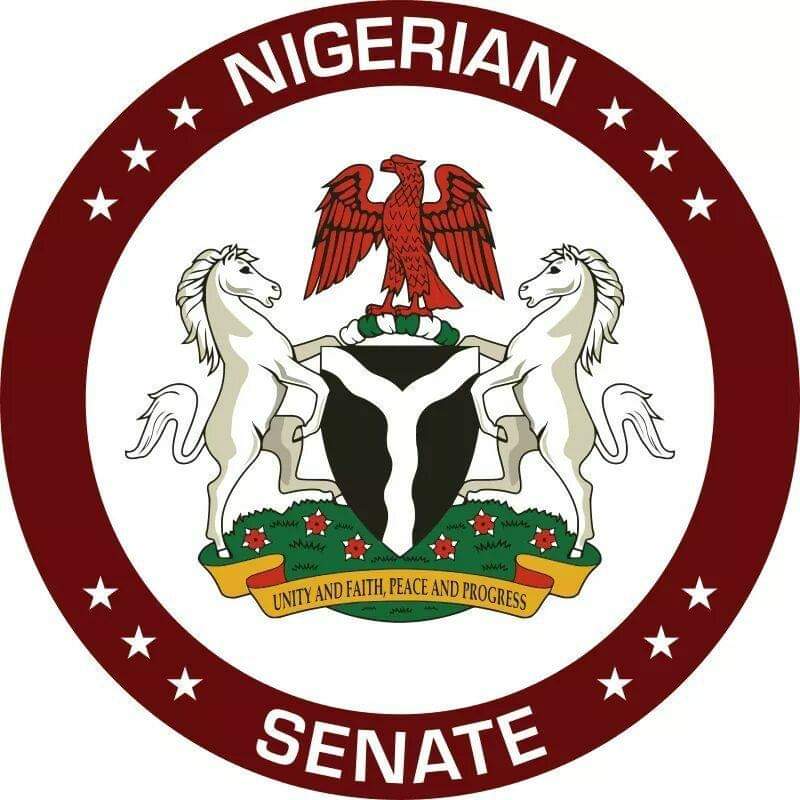The African Development Bank (www.AfDB.org) has granted Benin a substantial loan of €164.25 million to enhance urban service delivery and build resilience to climate change-induced flooding.
The African Development Bank (AfDB) has taken a significant step towards improving urban service delivery and mitigating the adverse effects of climate change-induced flooding in Benin. Through the approval of a generous loan of €164.25 million, the AfDB aims to bolster the country’s resilience and uplift the living conditions of its citizens.
Over the past few decades, Benin has witnessed a surge in climatic variability, characterized by frequent extreme weather events and disruptions in seasonal rainfall patterns. This alarming trend has contributed to an increase in the number of communities at high risk of flooding, which has risen from 22 in 2010 to 35 in 2022.
The Secondary Cities Stormwater Drainage Project (PAPVS)
The approved loan will primarily fund the implementation of the Secondary Cities Stormwater Drainage Project (PAPVS), focusing on four key cities in Benin: Porto-Novo, Ouidah, Bohicon, and Abomey. These cities, collectively housing a population of approximately one million, will witness the development of essential stormwater drainage infrastructure.
Comprehensive Project Components
The Secondary Cities Stormwater Drainage Project consists of three main components, each playing a vital role in enhancing urban resilience and improving the quality of life for residents.
Infrastructure Development And Upgrades
Under the first component, a comprehensive range of infrastructure and related works will be undertaken. This includes the construction of 42.7 km of primary and secondary collectors (large culverts) and 62.3 km of culverts. Additionally, significant road improvements will be carried out, covering the asphalting of 18.7 km and the paving of 16.1 km of roads.
Furthermore, this component encompasses the construction of essential facilities, such as 72 classrooms, 18 blocks of toilets equipped with 36 hand-washing kits, housing for health workers, four drying sheds for fish smoking, two boreholes with hand pumps, a public square, and a public garden. To promote environmental sustainability, a total of 5,521 seedlings will be planted, accompanied by the reforestation of 17.22 hectares. Moreover, comprehensive sensitization programs will be conducted to prevent gender-based violence, including sexual harassment.
Waste Management And Facility Maintenance Mechanism
The second component of the project focuses on establishing an efficient waste management and facility maintenance mechanism. This component will involve training programs, provision of necessary equipment, and the elimination of existing dumps. Moreover, special attention will be given to the gender dimension in waste management initiatives. Furthermore, the project aims to enhance flood-risk warning and management systems while creating a water retention basin and a market gardening area.
Project Management, Monitoring, And Evaluation
The third component encompasses project management, monitoring, and evaluation to ensure the efficient implementation and long-term success of the Secondary Cities Stormwater Drainage Project. Through robust oversight and continuous assessment, the project will achieve its objectives effectively.
Impact And Future Prospects
The comprehensive initiatives undertaken as part of the Secondary Cities Stormwater Drainage Project hold immense potential to transform the urban landscape of Benin.
The project is expected to significantly enhance hygiene standards, reduce water-borne diseases, and promote the enrolment and retention of girls in schools.
Additionally, by improving infrastructure and creating employment opportunities, the project will contribute to the agricultural transformation, industrial development, and overall economic production and competitiveness of Benin.
The African Development Bank’s loan of €164.25 million to Benin for the implementation of the Secondary Cities Stormwater Drainage Project is a significant stride towards improving urban service delivery and building resilience to climate change-induced flooding.
Through the development of essential infrastructure, waste management mechanisms, and effective project management, the project aims to uplift the living conditions of the people in Porto-Novo, Ouidah, Bohicon, and Abomey.
Furthermore, it aligns with the Bank’s Country Strategy Paper for Benin, focusing on agricultural transformation, industrial development, and infrastructure strengthening.
With these comprehensive initiatives, Benin is poised to enhance its resilience, mitigate the effects of climate change, and promote sustainable development.











